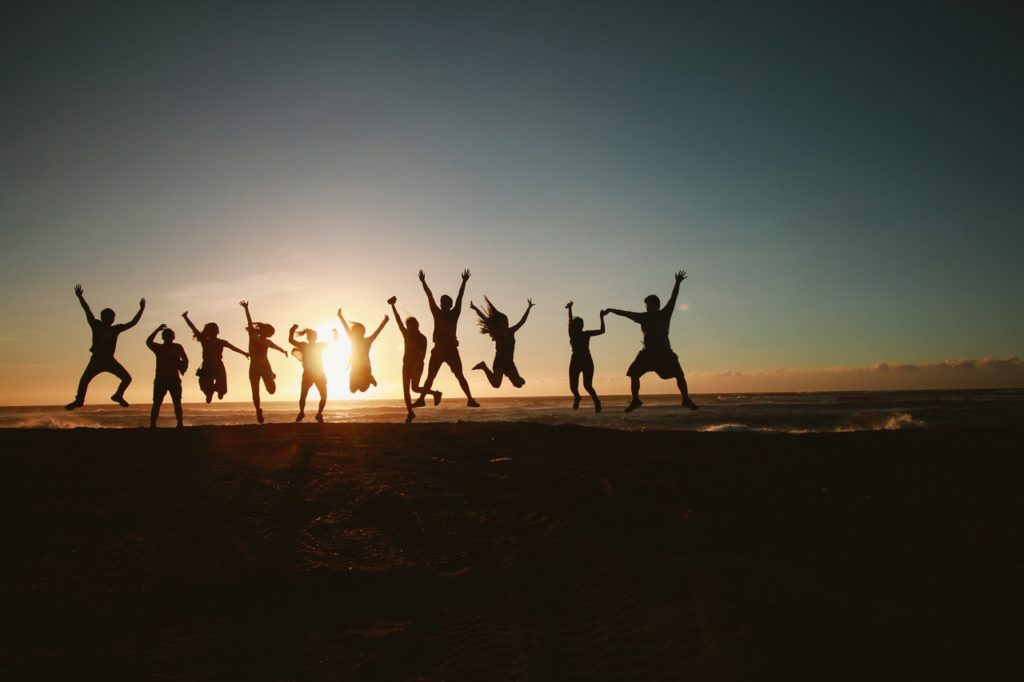
In order to be happy, we need to feel safe. When it comes to practicing and advocating for nonviolence, an important question to ask is: How do we find peace and happiness?
Every day, we’re flooded by messages—in advertising, in the corporate mass media—telling us who we supposedly are and what supposedly makes us feel safe and happy. We all know that we can’t buy happiness, yet these messages constantly try to get us to believe that consumer “lifestyles” are one and the same as happiness. They also push the idea that security comes only through punishing crime. These negative messages of humankind are pretty uninspiring, so let’s bust through these phony stories with a couple of facts:
- Numerous studies have shown that once we meet our everyday needs, wealth doesn’t really add to our happiness. In fact, excess actually reduces our happiness.
- Huge incarceration rates eventually lead to more crime.
Wouldn’t it make much more sense to find happiness in simplicity and safety in making sure that everyone’s needs for purpose and belonging are met?
You know what else makes us happy? Helping others. We’ve all experienced the joy of lending someone else a hand or being a friendly ear for a friend going through a tough time. It feels fulfilling and meaningful to selflessly help others—that’s why we do it. We also do it because we’re deeply interconnected.
We’re literally wired for empathy: Our mirror neurons respond to the feelings and actions of others. That’s how we can pick up on other people’s emotions, maybe even sensing it in our own bodies or noticing how our own moods are being affected.
We don’t need to exploit others or gobble up all the planet’s resources looking for happiness.
Nor do we need to punish people or bestow violence on them to find a sense of safety. Happiness already lives within us, and real security comes from ensuring that everyone has what they need—including love and respect.
For many, crime is a sticky issue. But restorative justice offers us a constructive, practical way to handle it. While it doesn’t let the offender off the hook of responsibility, it doesn’t degrade that person either. And it saves tons of public resources: it’s far cheaper to help a person restore their community’s trust in them than it does to lock them up in prison.
We can do things so much differently—and better—if we change the story about who we are and how we achieve peace and happiness. All of us can go about that starting now by:
- seeing ourselves as contributors to society rather than consumers.
- recognizing our unique gifts and then giving them to the world.
Wondering how nonviolence can play a role in building a society that works for everyone?
Check out our simple online training, Nonviolence & the New Humanity. This self-guided program is offered on a gift-economy basis and is highly practical for educators, workshop facilitators, youth group leaders, and anyone eager to bring a constructive, birds-eye approach to their leadership, activism, and/or community organizing.








